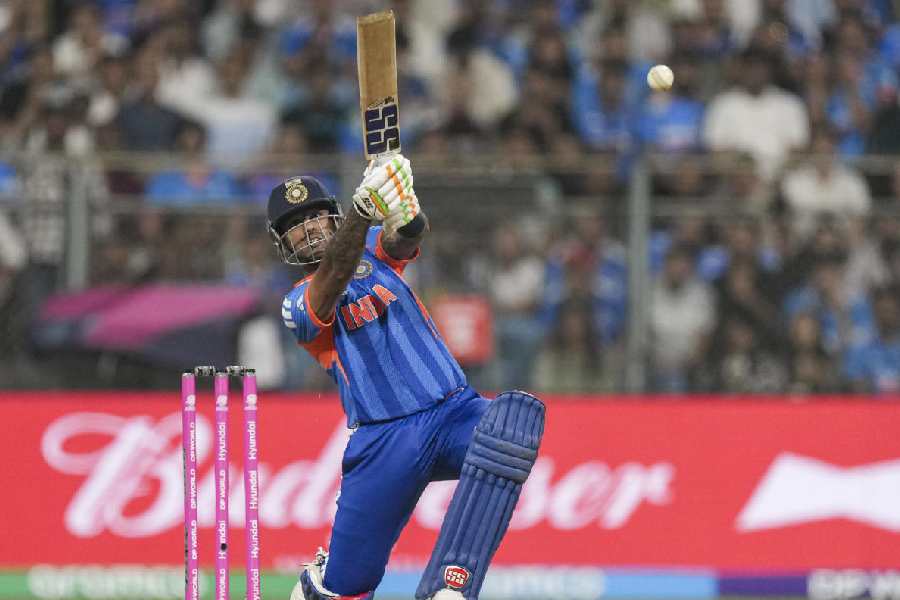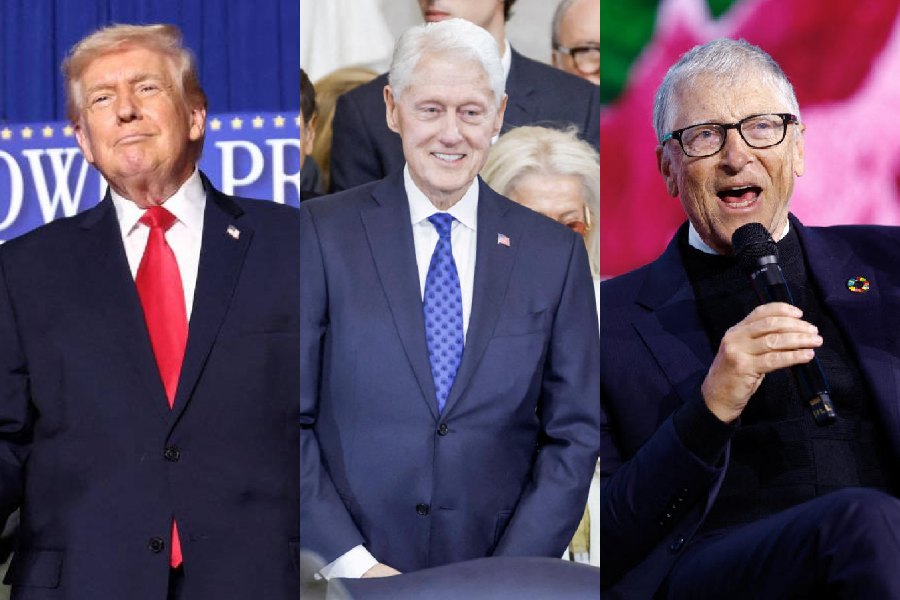The 50th anniversary of the Naxalbari struggle is an occasion to look afresh at the history of the personality cult among communists of various strains. The relevance of Charu Mazumdar, known as the godfather of the Naxalbari movement, can be examined in this context. Mazumdar - better known as CM - wanted the pre-split Communist Party of India to be subordinate to the Communist Party of China. This was revealed by the CPI(M)'s most famous leader, Jyoti Basu, in his conversational biography, Jyotibabur Sange, which was penned by Biplab Dasgupta, a former parliamentarian and a central committee member of the CPI(M) till his death.
Both CM and Basu were behind bars after the Chinese aggression on Indian territory on October 20, 1962. Basu recollected that one day, Mazumdar said that he would feel proud if they declared their party as a constituent of the Communist party of China, and recognized Mao Zedong as their own chairman as well. Basu's rebuff was no less interesting; he said, "See, there is no point in discussing politics with you after this. As we are in jail, henceforth, we shall discuss cinema, the weather and the like, but not politics" (Jyotibabur Sange, Part I).
Kanu Sanyal, one of the leaders of the Naxalbari uprising, cited an episode reflecting the latter's subservience to the CPC and its chairman. In 1963, Mazumdar suggested that the detenus observe the 14th anniversary of the Chinese revolution, but found not a single supporter. Sanyal said, "Charu da declared himself as a member of the Chinese Communist Party" (The First Naxal: An Authorised Biography of Kanu Sanyal, by Bappaditya Paul).
The personality cult became a gigantic phenomenon in China nearly three years later when the Great Cultural Proletarian Revolution began. Every programme of Radio Peking started with the words, "We begin with a quotation from Chairman Comrade Mao Zedong...", and ended with, "We repeat it". It is well-known that Zhou Enlai, in a long conversation with Souren Bose - one of the central committee members of the Communist Party of India (Marxist-Leninist) - criticized Mazumdar's slogan, 'China's Chairman is our chairman'. Zhou unequivocally said, "If you say CPC is a party of leadership and Chairman Mao leader of your party, it is not proper". But Mao defended the personality cult in his last interview with the American journalist, Edgar Snow: "It is necessary to have a bit of [the] personality cult. The problem now is there is too much of it". Nonetheless, some top Naxal leaders continued worshipping Mao. In February 1994, the former CPI(ML) Liberation general secretary, Vinod Mishra, titled an article "Remembering Mao: You Shall Remain Our Chairman Forever", in the party's mouthpiece, Liberation.
It is not surprising that prominent Naxalites like Mazumdar and Mishra had a pathological dislike towards Nikita Khruschev, mainly for his secret speech at the 20th Congress of the Communist Party of the Soviet Union in February 1956. The Russian leader's first quote was from Karl Marx's letter in reply to a German political worker, Wilhelm Bloss, revealing his chagrin towards the personality cult: "From my antipathy to any cult of the individual, I never made public during the existence of the [1st] international the numerous addresses from various countries which recognised my merits and which annoyed me. I did not even reply to them, except sometimes to rebuke their authors. Engels and I first joined the secret society of communists on the condition that everything making for superstitious worship of authority would be deleted from its statute. Lassalle subsequently did quite the opposite." Interestingly, Mazumdar's historic Eight Documents have not a single reference to Marx, who did not live to see his fundamental libertarian values ruined.











